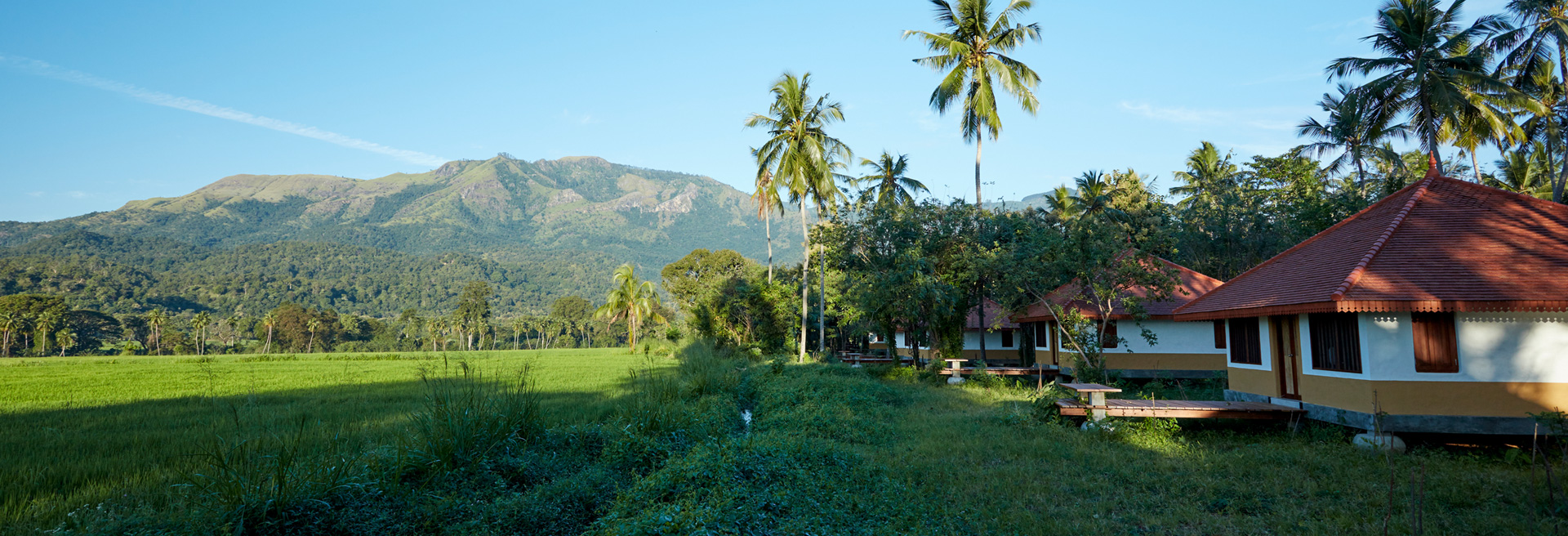Exclusive Evening Of Wildlife
The Exclusive Evening of Wildlife organized by Jetwing took place on 26th July, 2017 at Jetwing Colombo Seven with eminent speakers from the field coming together to talk on wildlife research and sustainability.
Curated by Ashok Ferrey the first panel saw to the discussion on ‘Wildlife Research and Corporate Support’ with Jetwing Vil Uyana Environmentalist Chaminda Jayasekara speaking on the elusive Grey Slender Loris and fishing cat, Zoologist Dr. Andrew Kittle on leopards, Researcher Howard Martenstyn on whales, Conservationist Dr. Prithviraj Fernando on elephants and Conservation Biologist Prof. Devaka Weerakoon on wildlife research and corporate support.
Chaminda went on to speak on his discovery of the Grey Slender Loris and fishing cat in the premises of Jetwing Vil Uyana in an area which was directed to the establishment of hotel dwellings. This 3 1/2 acre land has now been transformed into a Loris Conservation Site with the establishment of a Loris Information Center, which also acts as a research base. What was a barren land 10 years ago was converted into a man-made wetland system which now stands as Jetwing Vil Uyana, a private nature reserve attracting a number of species.
Dr. Kittle mentioned that when he arrived in Sri Lanka in 1996 it was surprising to see what little was done to conserve and protect leopards – the island’s top predator. He insisted that it was important to create awareness and to break the misconception of leopards being ‘dangerous’ because bears are considered more unpredictable. He further stated that in his research it’s not only in peak wilderness that leopard habitats were found but surprisingly amidst tea estates in central highlands where people wander about as well.
Researcher Howard spends most of his time at sea studying the marine mammals. He stated that Sri Lanka is a unique country and indeed lucky to see whales during their course of migration. He claimed that although whale watching is good for tourism it is crucial that best practices are maintained for sustainability.
Dr. Prithviraj speaking on magnificent elephants said that the separation of elephants and people has been taking place for long years and 60% of land in Sri Lanka sees to both elephants and people living within the same landscape. The elephants are naturally drawn into these lands because they feed on crop, which is the main cause of conflict. “It is important to take measures to convert human-elephant conflict to human-elephant coexistence”, he reinstated.
Speaking on Sri Lanka as a wildlife hub Prof. Devaka said, “In a country where we have 500 species of birds Sri Lanka is most definitely special”. He went on to say that out of which 283 species of birds are in the brink of extinction due to loss of habitat or its fragmentation and decrease in quality. In an effort to expand the plantation industry forest area in the wet zones have been cut down causing a loss of habitat for these bird species. He also asserted that implementation is key when it comes to conserving wildlife and there’s still room for development.
The second panel on the ‘Story Tellers: Naturalists Guide to Publishers’ saw publisher Juliet
Coombe, environmental journalist Malaka Rodrigo, author and the Chairman of the London Bird Club Gehan de Silva Wijeyeratne and professional naturalist guide Wicky Wickramasekara sharing their expertise in the field. Malaka insisted that while photos speak a thousand words it is also important to interpret the stories in the correct manner. Gehan spoke on the significance of Sri Lanka as a wildlife hub owing to its geological history which paved the way for speciation. When there’s such a variety and huge demand Wicky claimed that it becomes difficult to deliver to the guests. Better management of the national parks is a fact that was pointed out by all.
The event brought together invitees from various backgrounds in the field of wildlife and tourism industry. The panelists made aware of the ongoing research and the obstructions they face in conservation. While the event was a first, this will be an ongoing series of episodes which will see too larger attractions in the hopes of benefiting wildlife travel in the country.
Family owned and in the tourism industry for the past 44 years, Jetwing Hotels has surpassed expectation at every aspect. Building on their foundation of being passionate, as well as the experience of true, traditional Sri Lankan hospitality, constantly pioneering discoveries captures the essence of the brand. Such a strong statement and direction have enabled Jetwing Hotels to imagine, create and manage marvels and masterpieces, where distinctive design and elegant comfort complement each other and the environment. In line with the Jetwing Hotels Sustainable Strategy, across all properties sustainable and responsible practices are given precedence with resource efficiency, community upliftment and education, and awareness being some of our key focus areas.
Media Relations – Jetwing Hotels
For any queries regarding this press release please contact us:
Prasanna Welangoda (Manager – Marketing) – prasanna.w@jetwinghotels.com
Shimazie Adjumain (PR & Media Executive) – shimazie@jetwinghotels.com
Jetwing Vil Uyana
Jetwing Vil Uyana was the first hotel in Sri Lanka to incorporate working paddy fields into the hotel environment. Each year, hotel staff and guests harvest organically grown rice using traditional techniques.

